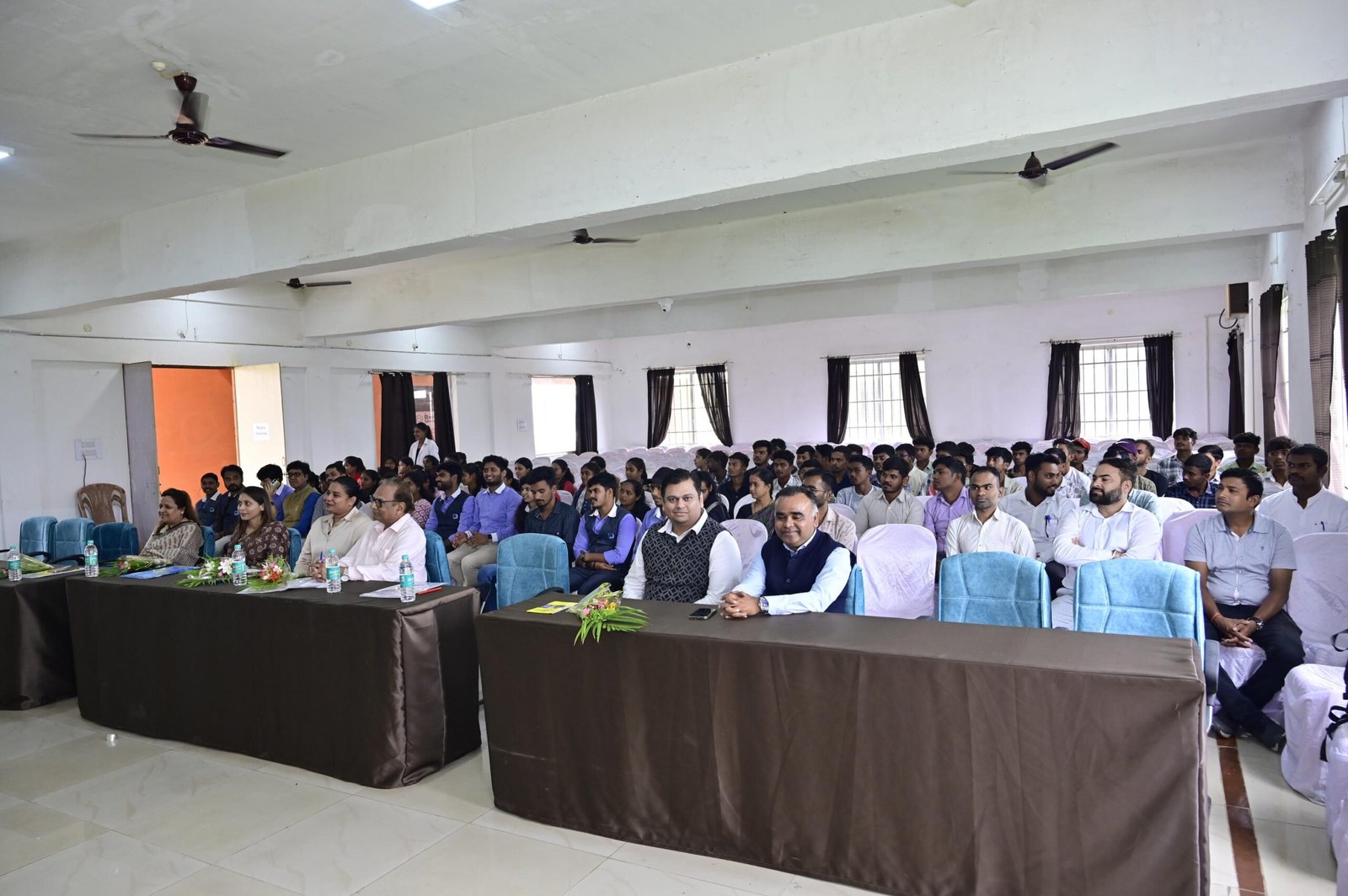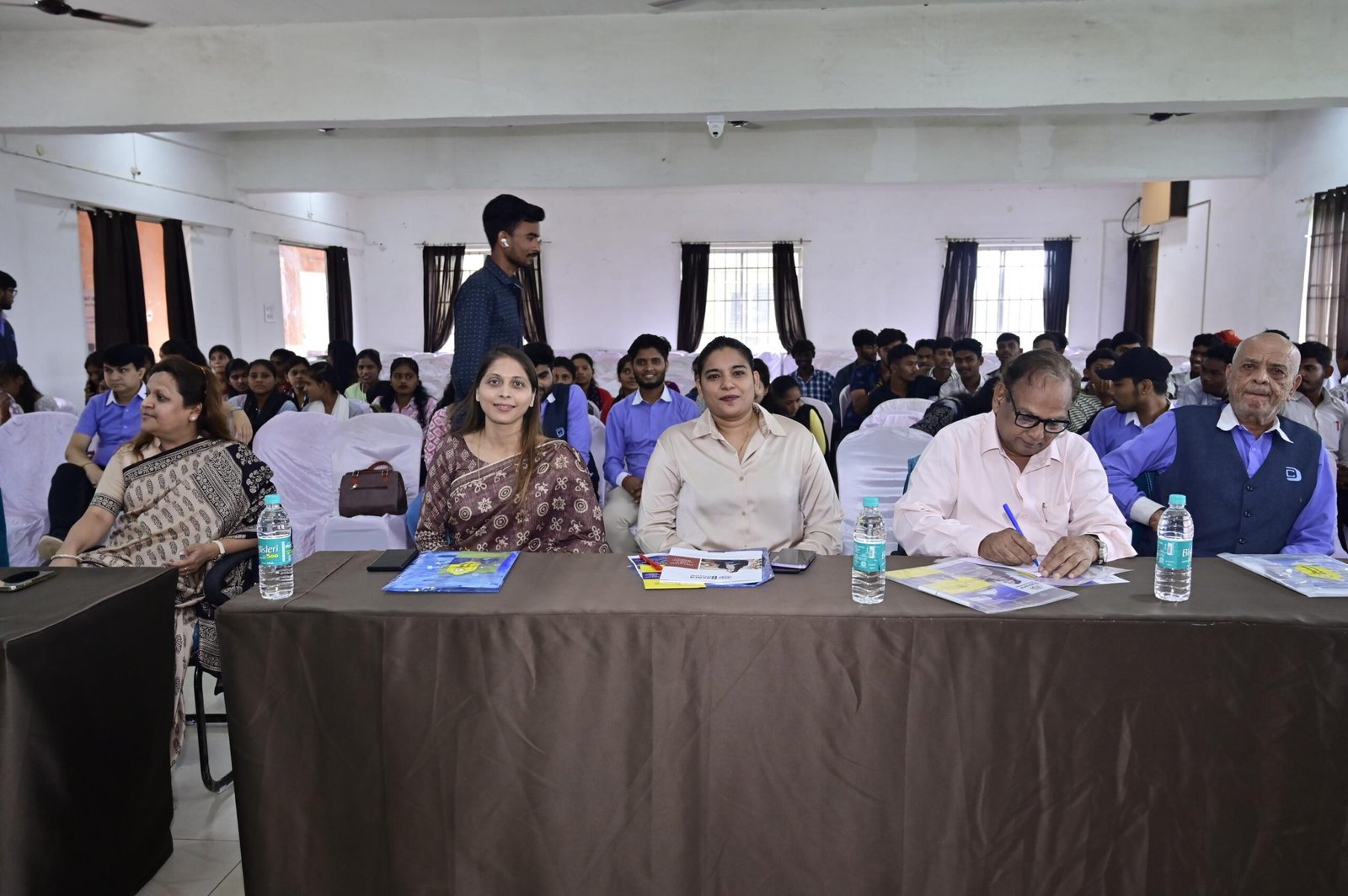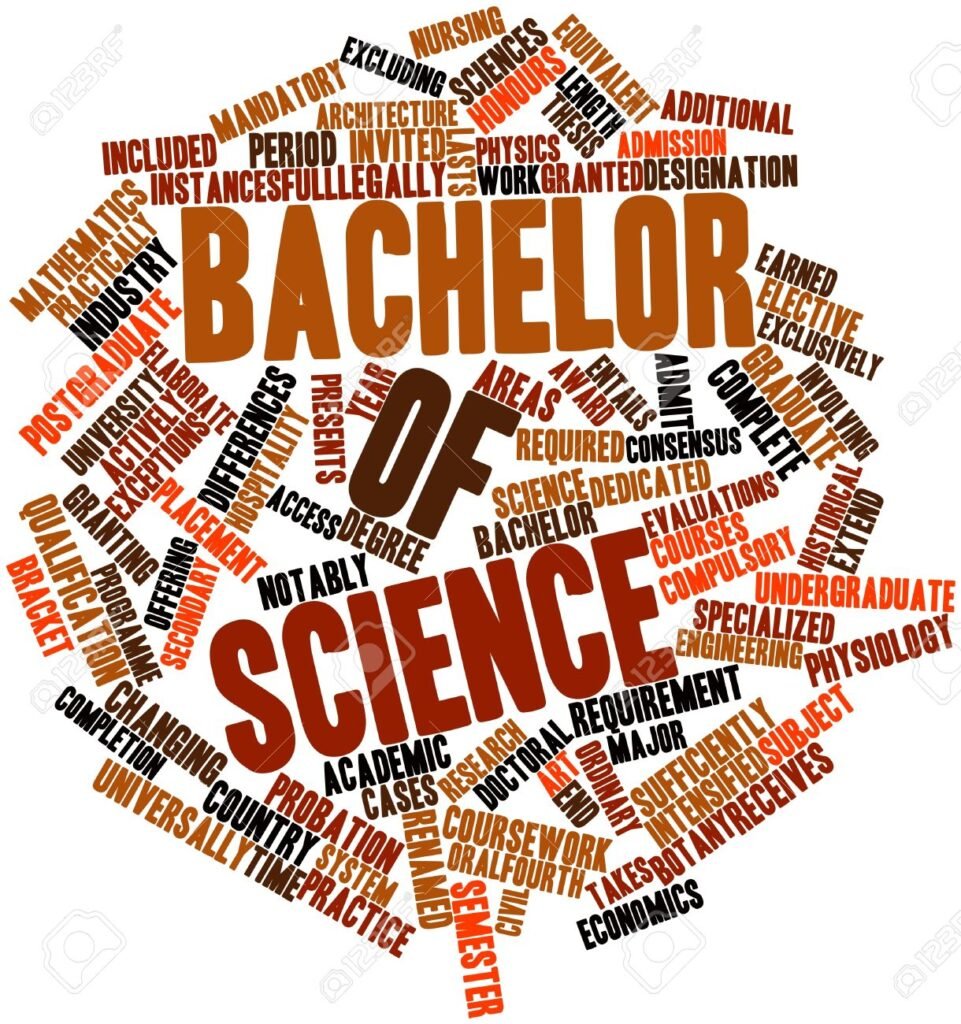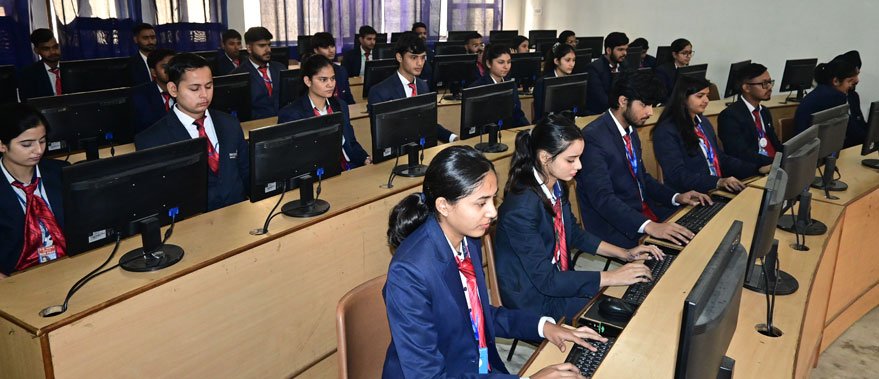



The Bachelor of Science Honours (BSc Hons) is a prestigious undergraduate program that offers an in-depth and specialized education in a chosen scientific discipline, such as physics, chemistry, biology, mathematics, or environmental science. Typically spanning three to four years, this course is designed to provide a robust foundation in both theoretical concepts and practical applications.

Affordable tuition, financial aid, and scholarships to make your education attainable.
Fully accredited programs ensuring your degree is respected and recognized globally.
A wide range of programs in arts, sciences, business, and technology to fit your career goals.
Proven success with high employment rates and graduates at top companies worldwide.
The curriculum is meticulously structured to include advanced coursework, laboratory experiments, and research projects, allowing students to gain hands-on experience and develop critical analytical skills. Students engage in rigorous study and often have opportunities to participate in internships or collaborative research, which enhances their understanding of real-world scientific challenges and innovations. Admission to a BSc Hons program generally requires a strong academic background in science from higher secondary education, with some institutions also requiring entrance exams or merit-based selection. Graduates of the BSc Hons program are well-prepared for a variety of career paths, including roles in research, industry, education, and healthcare. Additionally, this degree serves as an excellent stepping stone for further studies, such as pursuing a Master’s or PhD, thereby opening doors to advanced research opportunities and specialized professional roles. The BSc Hons program not only equips students with deep subject knowledge but also fosters essential skills such as problem-solving, critical thinking, and effective communication, making it a valuable and versatile qualification for aspiring scientists and professionals.

Apply the knowledge of mathematics, science, engineering fundamentals, and an engineering specialization to the solution of complex engineering problems.
Identify, formulate, research literature, and analyze complex engineering problems reaching substantiated conclusions using first principles of mathematics, natural sciences, and engineering sciences.
Design solutions for complex engineering problems and design system components or processes that meet the specified needs with appropriate consideration for the public health and safety and the cultural, societal, and environmental considerations.
Use research-based knowledge and research methods including design of experiments, analysis and interpretation of data, and synthesis of the information to provide valid conclusions.
Create, select, and apply appropriate techniques, resources, and modern engineering and IT tools including prediction and modeling to complex engineering activities with an understanding of the limitations.
Apply reasoning informed by the contextual knowledge to assess societal, health, safety, legal and cultural issues and the consequent responsibilities relevant to the professional engineering practice.
Understand the impact of the professional engineering solutions in societal and environmental contexts, and demonstrate the knowledge of, and need for sustainable development.
Apply ethical principles and commit to professional ethics and responsibilities and norms of the engineering practice.
Function effectively as an individual, and as a member or leader in diverse teams, and in multidisciplinary settings.
Communicate effectively on complex engineering activities with the engineering community and with society at large, such as, being able to comprehend and write effective reports and design documentation, make effective presentations, and give and receive clear instructions.
Demonstrate knowledge and understanding of the engineering and management principles and apply these to one’s own work, as a member and leader in a team, to manage projects and in multidisciplinary environments.
Recognize the need for, and have the preparation and ability to engage in independent and lifelong learning in the broadest context of technological change.






